You are the owner of an eCommerce store, which means you’re the only seller offering products and managing everything from stock to orders.
As your business grows, you might want to scale up and provide a platform for other vendors to sell on your site, which is where a marketplace comes in.
A marketplace allows multiple sellers to list and sell their products, which allows you to expand your product offerings without handling every product yourself.
With Dokan Cloud, it’s easy to scale from a single store to a marketplace and create a thriving online platform.
In this blog, we will cover:
- When should you consider moving from a single store to a marketplace?
- The benefits of moving from a single store to a marketplace.
- How Dokan Cloud can help make the transition seamless.
When You Should Consider Moving from a Single Store to a Marketplace
There are a few key reasons to consider moving from a single store to a marketplace:
- Increasing Product Range: If you’ve reached a point where offering more products would require significant resources, a marketplace can help you expand by allowing other vendors to list products. You don’t have to manage every product yourself.
- Scaling Your Business: If your customer base is growing, you might not have the capacity to manage everything alone. A marketplace allows you to outsource product management to vendors while maintaining control over the platform.
- Diversifying Risk: With multiple vendors selling their own products, you reduce the risk of depending on a single product or supplier. This ensures your revenue isn’t overly reliant on a small number of products.
- Additional Revenue Streams: You can earn from multiple sellers, creating a commission-based revenue model, rather than just relying on your own sales. This gives you more consistent income as your marketplace grows.
The move to a marketplace often becomes necessary when you want to scale but don’t want to carry the weight of managing a huge inventory or additional employees.
Benefits of Moving from a Single Store to a Marketplace
Transitioning from a single store to a marketplace offers significant advantages that can help scale your business faster and with more flexibility. Let’s dive into the detailed benefits:
Increased Product Variety
In a single store, you’re limited by the products you can source, manage, and stock. As your business grows, offering more products becomes essential to keeping your customers engaged.
In a marketplace, you can offer a vast range of products from multiple vendors without worrying about inventory management. Vendors supply their own products, significantly expanding your catalog without the need to buy or store stock. This expansion gives you a much larger product offering for customers to choose from.
Revenue Diversification
In a single store, you rely solely on your own sales. However, with a marketplace, you can generate revenue from commissions.
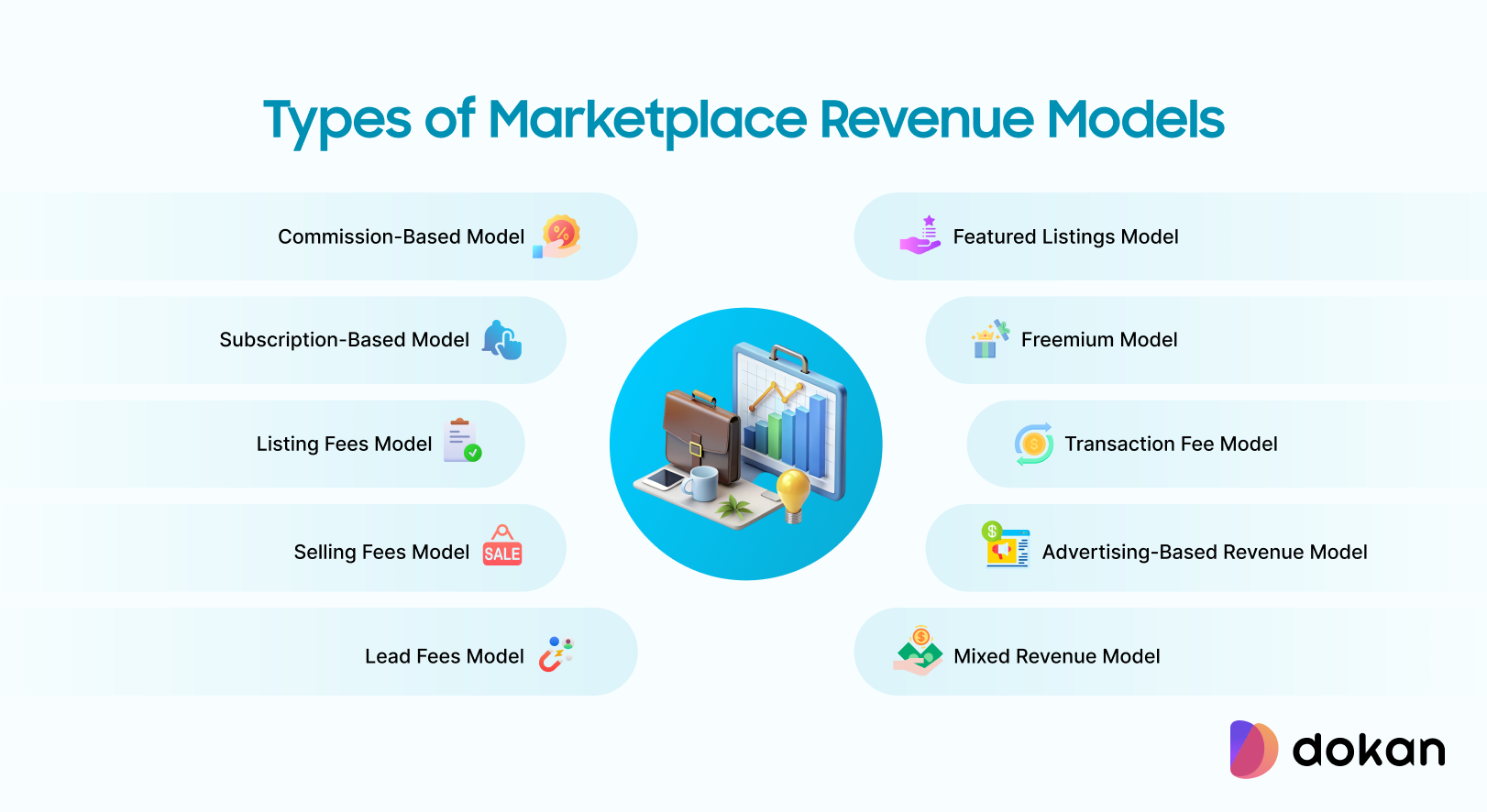
Every time a vendor makes a sale, you earn a percentage, even though you aren’t the one selling the products. The more vendors you add, the more potential sales and commissions you can generate, creating a steady income stream that isn’t limited to your sales.
Additionally, as the platform grows, you can diversify monetization strategies—like offering premium vendor plans or charging for advanced marketplace features, further boosting revenue.
Growth Potential
Scaling a single store is often constrained by resources. Adding more products means more inventory management, shipping, and operational overhead.
However, with a marketplace, growth is organic. You can expand your offerings by adding more vendors without taking on the logistical burdens.
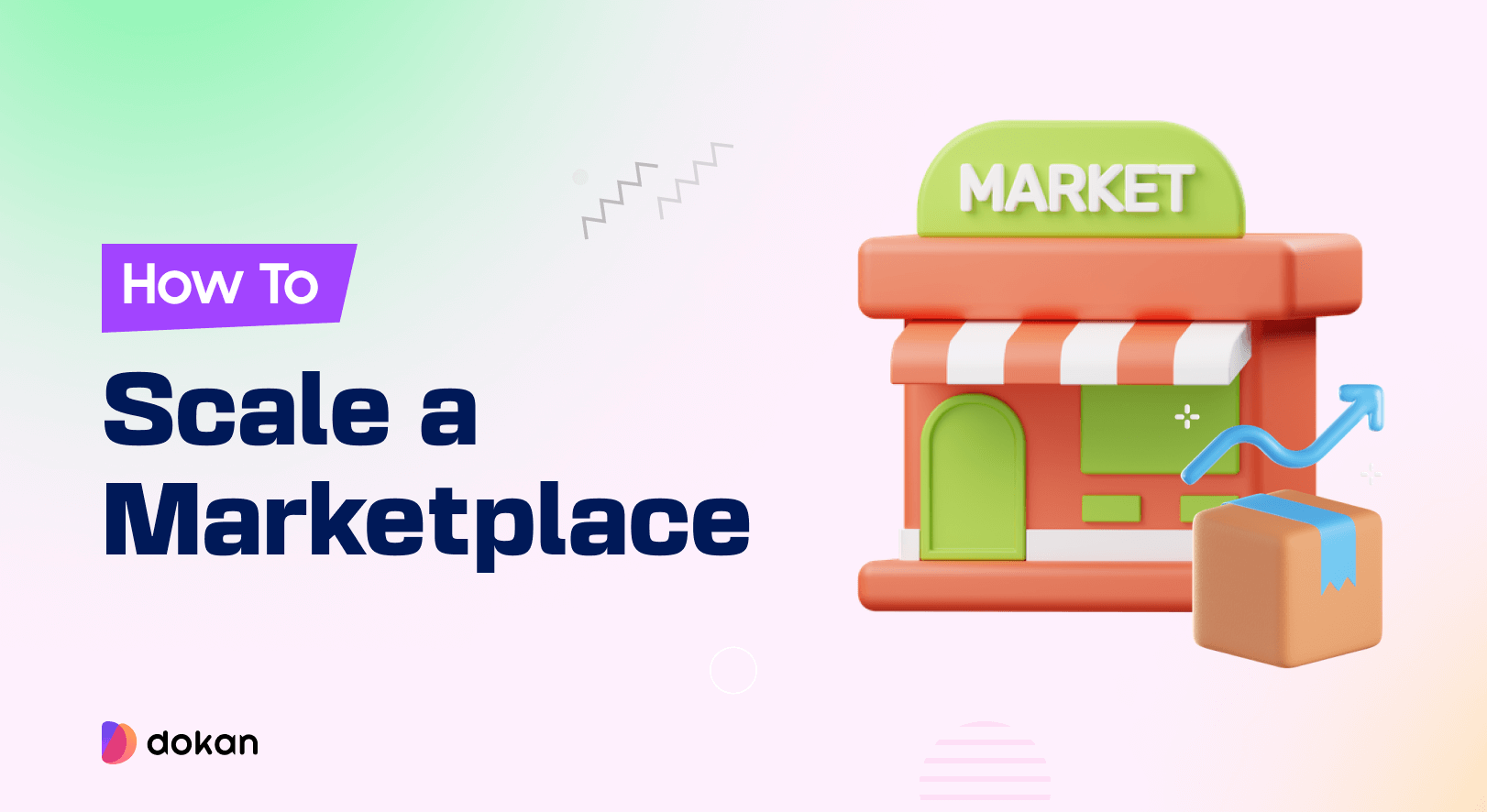
Vendors handle the sourcing, shipping, and customer service for their products, meaning you can expand rapidly while keeping overhead costs low. As more vendors join, your business naturally grows without needing more employees or resources.
Reduced Operational Load
Managing a single store can be time-consuming. As the sole seller, you’re responsible for everything—product sourcing, inventory management, order fulfillment, customer service, and marketing.
This can lead to burnout and operational inefficiencies, especially as your business scales. By moving to a marketplace, you can outsource most of the operational responsibilities. Vendors take charge of their own listings, inventory, and order fulfillment.
As the platform owner, your focus shifts from product management to overseeing the overall marketplace, providing customer support, and ensuring smooth operations. This reduces the operational load on you and helps you focus on growing the platform.
Attracting More Traffic
A marketplace benefits from the network effect—the more vendors you have, the more products you list, and the more traffic you attract. In a single store, your traffic is limited to the products you sell, but in a marketplace, the broader product selection naturally attracts more customers.
As the marketplace grows with more vendor pages, products, and categories, your website will rank for a wider variety of keywords, which leads to increased organic traffic.
The more diverse the product selection, the higher the chances of being discovered in search engine results. Moreover, as your marketplace builds momentum, vendors bring their own customers, increasing exposure and traffic to the platform without requiring additional marketing efforts on your part.

With a marketplace you can unlock many benefits: more product offerings, diversified revenue, increased growth potential, reduced operational burden, and more traffic.
These advantages not only help you scale faster but also set your platform up for long-term success. Moving to a marketplace is truly a step up for any growing business looking to expand and reach a wider audience.
How Dokan Cloud Helps in Transferring from a Single Store to a Multivendor Marketplace
While you can start with a single store using Dokan Cloud Shop, transitioning to a full multivendor marketplace requires an additional step.
To move from a single store to a marketplace, you need to purchase the Marketplace Addon and set up a separate multivendor marketplace.
Here’s how the process works:
Step 1: Start with Your Existing Single Store
You’re already familiar with managing your single store using Dokan Cloud Shop. This setup has allowed you to customize your store, manage product listings, and process orders smoothly. You’ve got a solid foundation, and now you’re ready to grow.
- Continue Managing Your Store: You’ll maintain control over your products, inventory, and order management as you currently do. Dokan Cloud Shop handles all the technical aspects for you, leaving you to focus on running and growing your business.
Step 2: Purchase the Marketplace Addon
Once your single store has grown and you want to expand into a multivendor marketplace, the next step is to purchase the Dokan Marketplace Addon. This addon allows you to convert your platform into a multivendor marketplace.

- Buy the Marketplace Addon: The Marketplace Addon is a paid feature that unlocks the ability to onboard multiple vendors, allowing them to create their own stores on your platform and sell their products.
- Separate Setup: After purchasing the addon, you will need to set up a separate multivendor marketplace. This step doesn’t affect your current single store. Instead, you’ll create a new marketplace on the same platform.

Step 3: Set Up Your Multivendor Marketplace
Once you have the Marketplace Addon, you can start building your multivendor marketplace. Here’s how:
- Vendor Registration and Onboarding: Vendors can sign up on your platform and create their own individual stores. You will have full control over the registration process and can set approval rules before vendors are added to your marketplace.
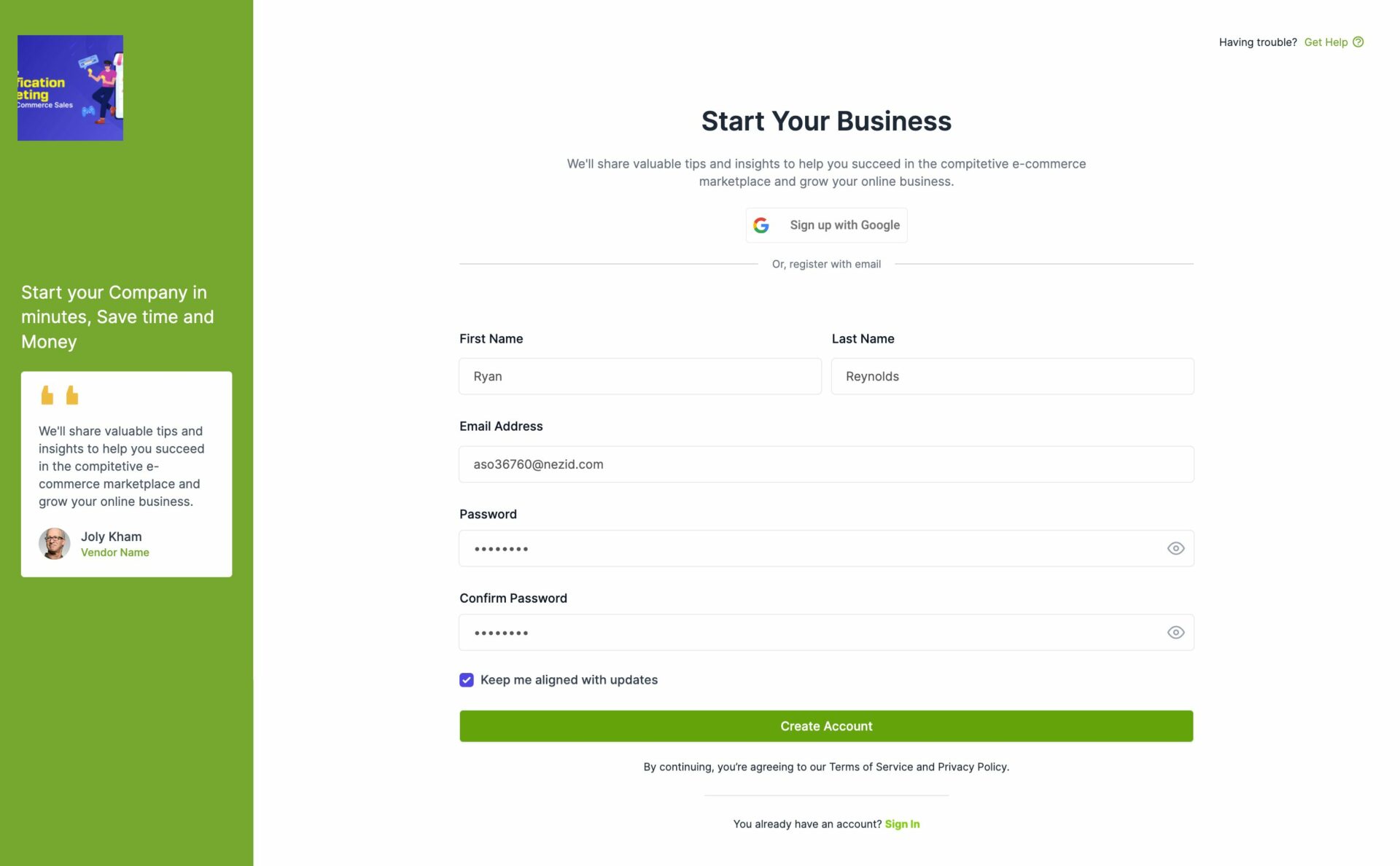
- Product Listings: Vendors can list their own products, manage stock, set pricing, and handle product descriptions. Each vendor will manage their store independently, while you retain control over the platform.
Step 4: Customize and Manage the Marketplace
Dokan Cloud offers a variety of customizable features for your marketplace. You can:
- Set Commission Rates: Decide how much commission to charge each vendor. Dokan Cloud allows flexible commission structures based on product categories or individual vendor agreements.
- Monitor and Approve Products: You can review and approve products before they go live on your marketplace to ensure quality and relevance.
- Manage Vendor Performance: Track vendor sales, order fulfillment, and overall performance, ensuring everything is running smoothly.
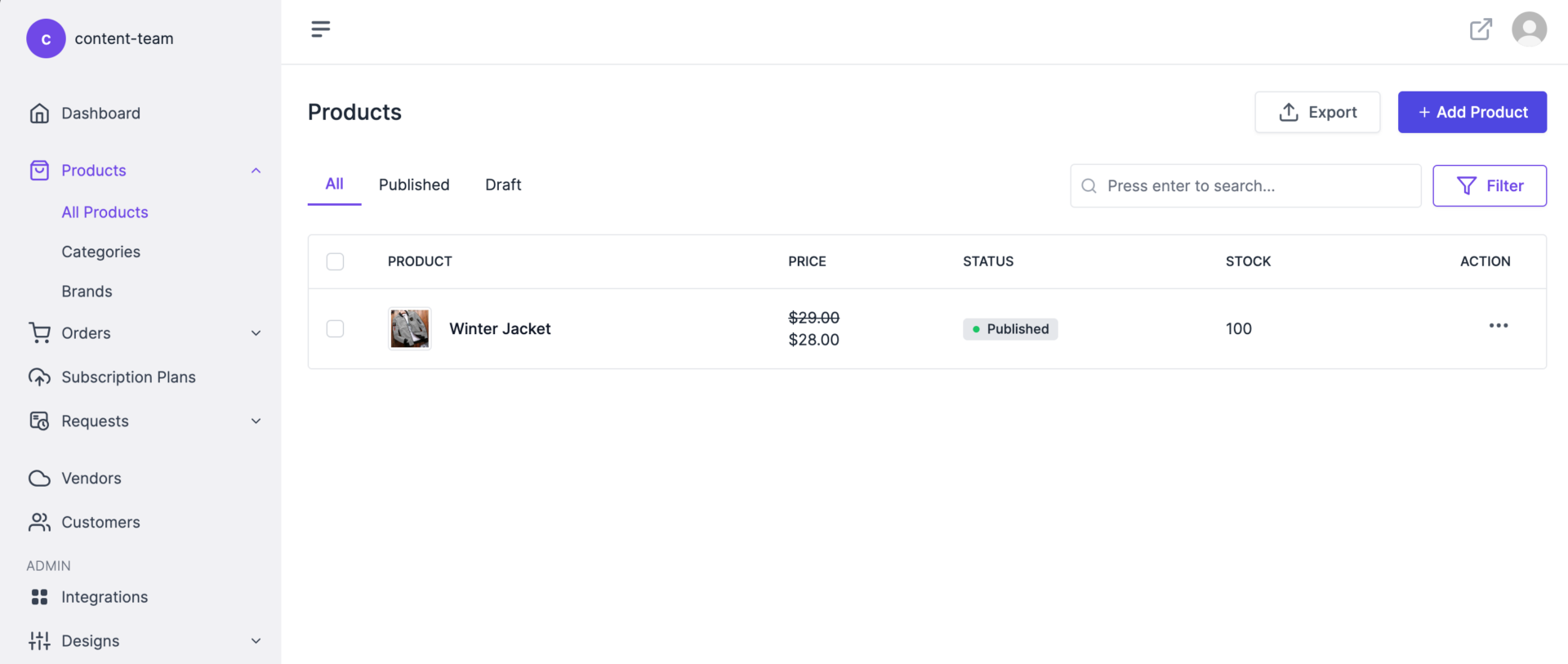
Step 5: Launch and Grow Your Marketplace
After setting up your marketplace, you’re ready to launch. Here are the steps to a successful launch:
- Test Your Marketplace: Run tests to ensure the vendor experience, product listings, checkout process, and payment options are working smoothly.
- Market Your Marketplace: Promote your new marketplace to attract both customers and vendors. Use social media, email marketing, and paid ads to drive traffic.
- Provide Ongoing Support: Offer support to both customers and vendors to ensure smooth operations. This might include providing guides, responding to inquiries, and troubleshooting any issues that arise.
Step 6: Scale Your Marketplace
Once your marketplace is live, you can focus on scaling it:
- Add More Vendors: Continue inviting more vendors to join your platform and grow the product selection.
- Optimize for Growth: As your marketplace expands, focus on improving performance by optimizing product categories, adjusting commission rates, and enhancing user experience.
- Introduce New Features: As you scale, consider adding features like wishlist integration, real-time customer support, or advanced search functionality to improve the shopping experience.
By following these steps, you can easily transition from a single store to a fully functional multivendor marketplace with the help of Dokan Cloud. The process is simple and scalable, allowing you to grow your platform as your business demands gradually.
Transition Smoothly from a Single Store to a Marketplace!!
Moving from a single store to a multivendor marketplace is a significant step forward for any growing business. It allows you to expand your product offering, diversify revenue streams, and scale your business without taking on the heavy load.
While managing a single store gives you full control over products and orders, transitioning to a marketplace opens up new opportunities by allowing other vendors to join, manage their products, and contribute to the growth of the platform.
This approach not only saves you time but also helps you tap into a larger market with more products and vendors.
With Dokan Cloud, the transition to a marketplace is made simple, even if you’re starting with a single store. By adding the Marketplace Addon, you can easily create a dynamic, scalable multivendor platform.
Dokan Cloud’s tools and features help you manage vendors, track performance, and customize your marketplace to fit your business goals.
The transition is not just about expanding your product range; it’s about creating a sustainable, thriving business that can grow and evolve over time.
Subscribe to
Dokan blog
We send weekly newsletters, no spam for sure!

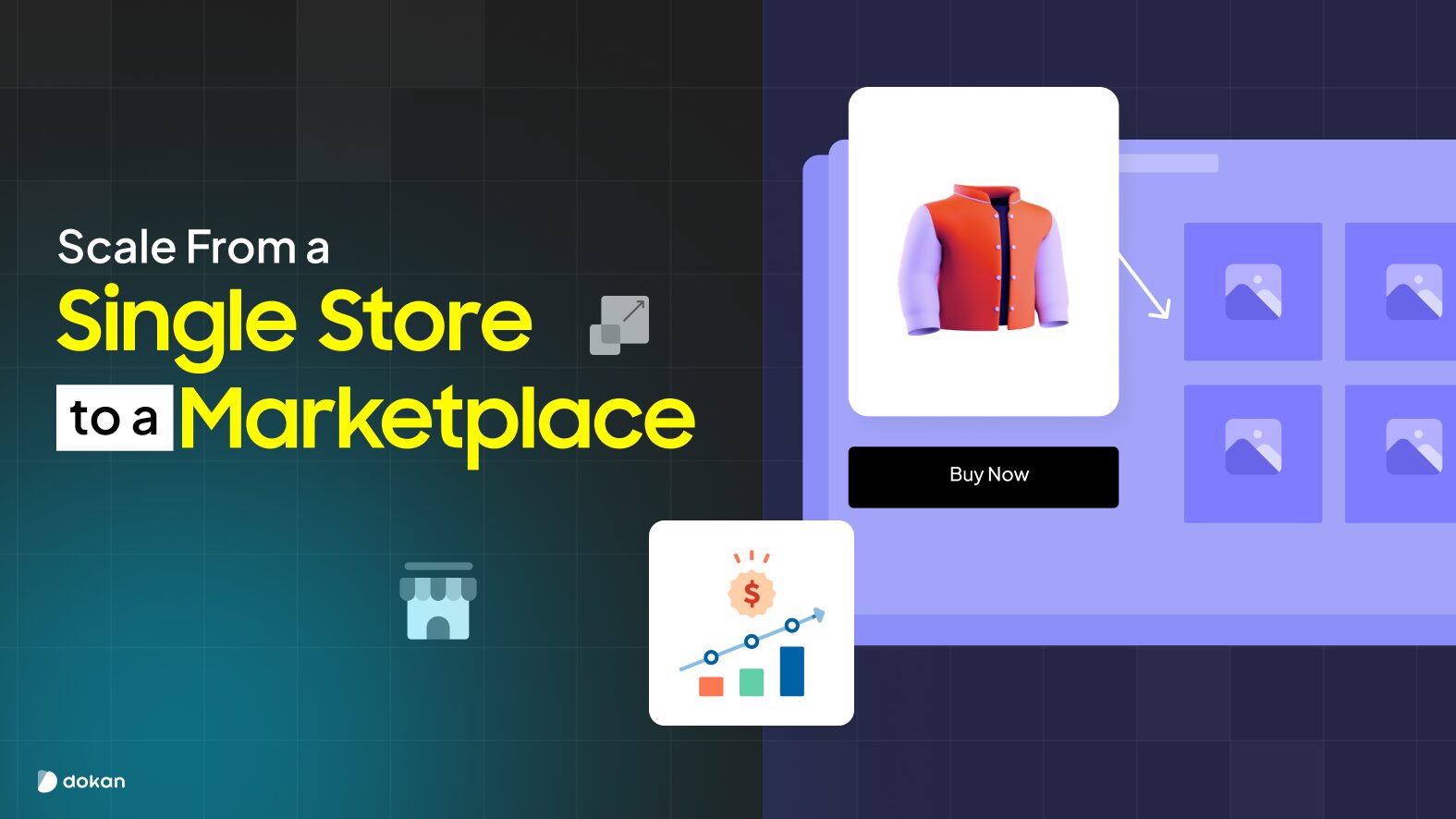
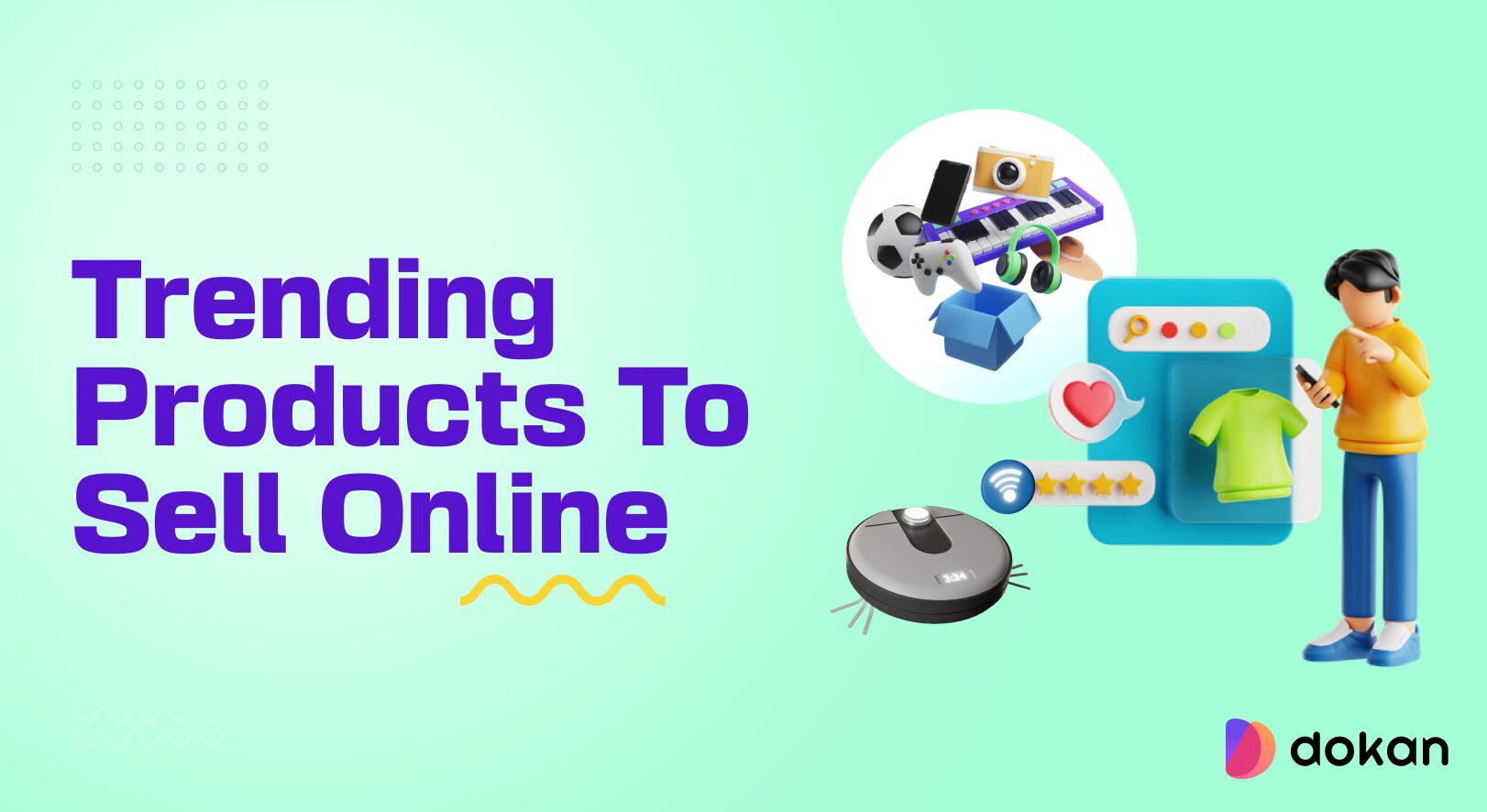
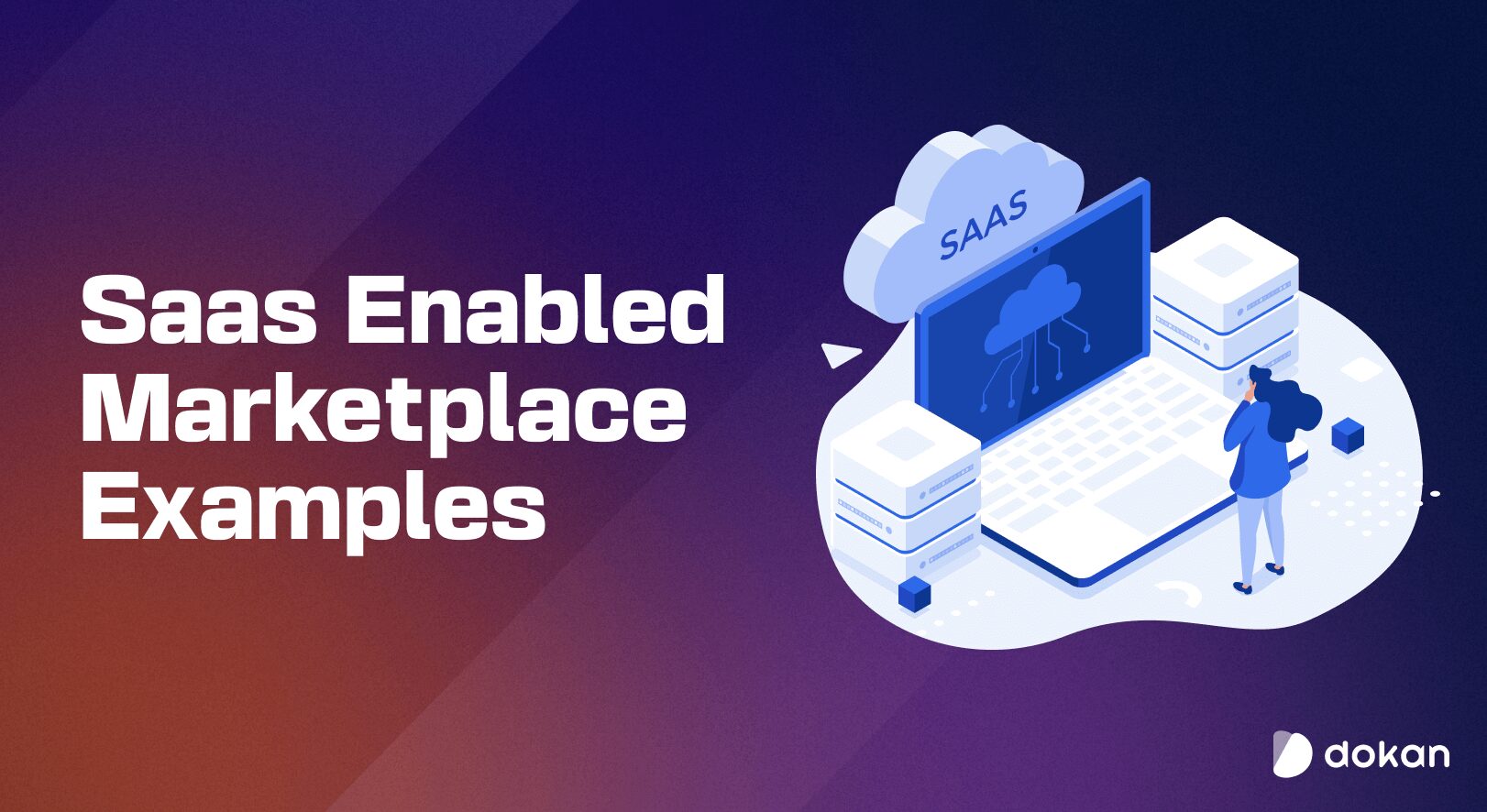

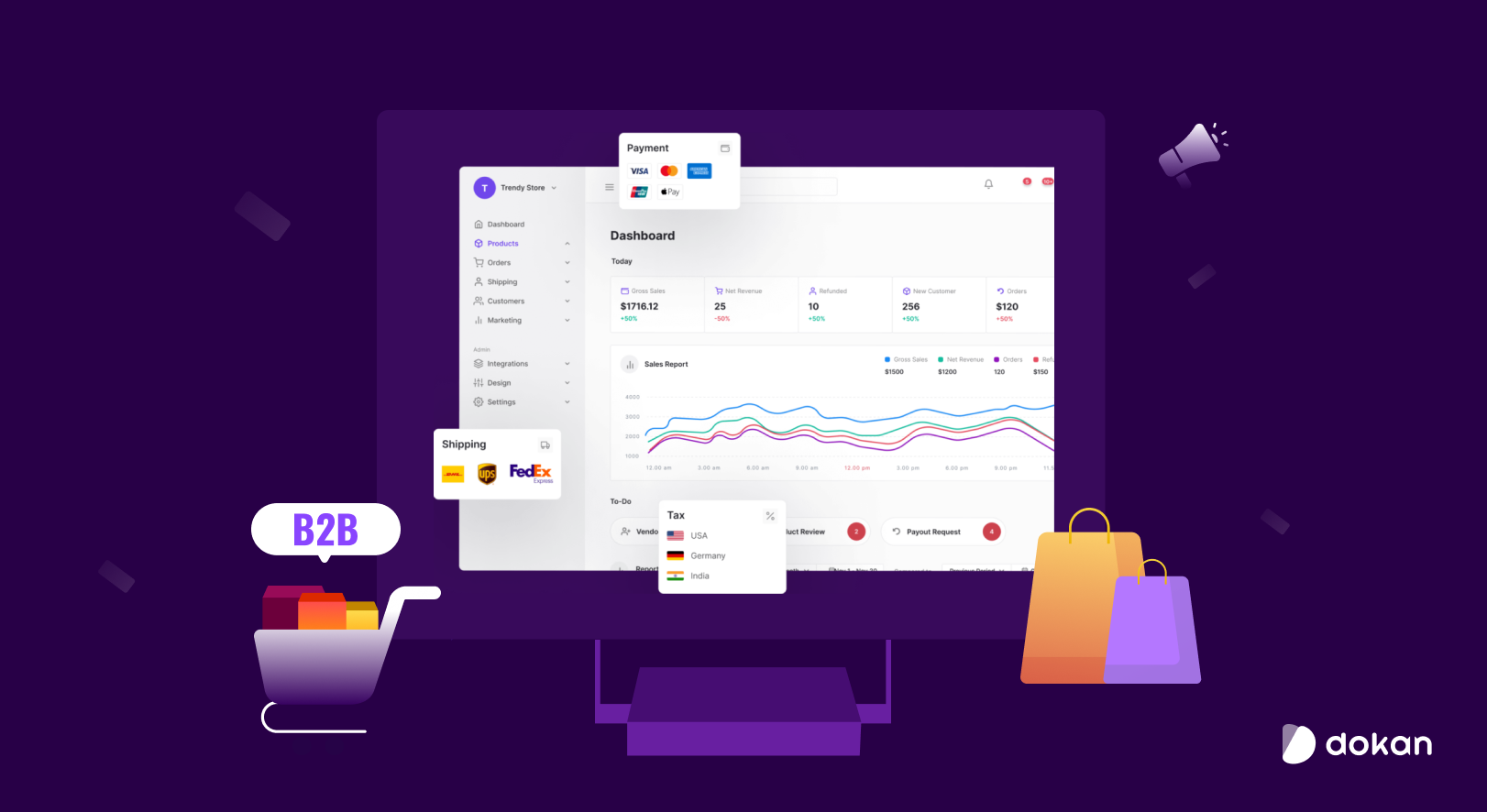

Leave a Reply